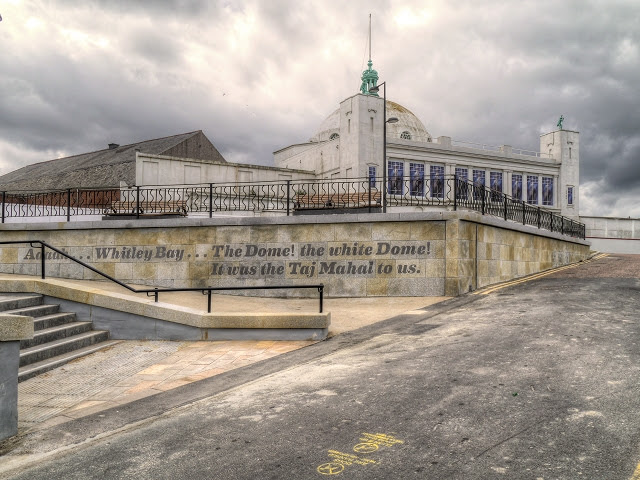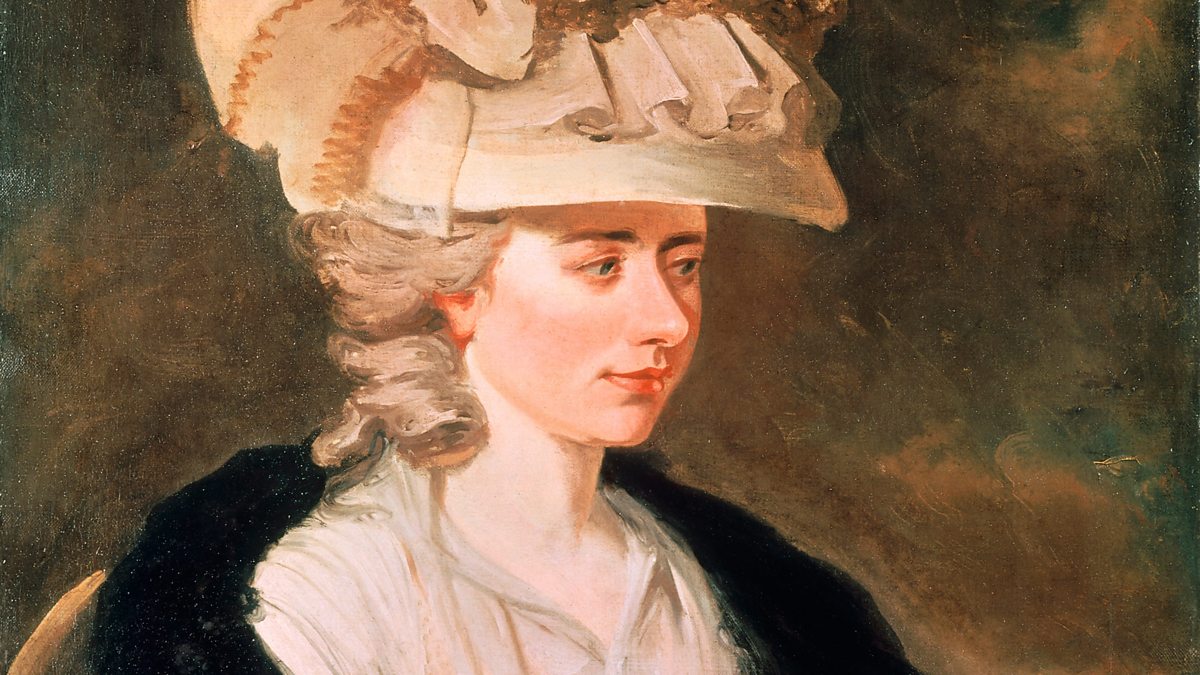In the wake of the May 17 World Day Against Homophobia, Transphobia and Biphobia, the Vatican’s former top doctrinal official, German Cardinal Gerhard Müller, has declared that homophobia “simply doesn’t exist” and is “an invention, an instrument of totalitarian dominion over the minds of others.”
“The homosexual movement doesn’t have scientific arguments, so it’s constructed an ideology that wants to dominate, seeking to construct its own reality. It’s the Marxist scheme, according to which it’s not reality that builds thought, it’s thought that builds reality,” Müller said.
“Whoever doesn’t accept this thought is considered sick, as if, among other things, illness could be treated with police and courts,” the 70-year-old cardinal said.
“In the Soviet Union, Christians were put into insane asylums, which are the means of totalitarian regimes such as National Socialism and Communism,” Müller said. “Today in North Korea, the same fate awaits anyone who doesn’t accept the dominant thinking.”
Müller’s comments came
in a conversation with Italian blogger Costanza Miriano.
Müller served as the prefect of the Congregation for the Doctrine of the Faith from 2012 until June 2017, when he stepped down and was replaced by Spanish Archbishop, now Cardinal-designate, Luis Ladaria, who belongs to Pope Francis’s own Jesuit order.
Though Müller never openly broke with Francis, nevertheless his ambivalence over some of the pontiff’s moves, including his cautious opening to Communion for divorced and civilly remarried Catholics in
Amoris Laetitia, was always clear.
In the interview, Miriano asked Müller for his reaction to bishops who promote prayer vigils or other events around the World Day Against Homophobia, Transphobia and Biphobia.
“Some bishops today don’t have the courage to speak the truth, and allow themselves to be intimidated,” he said. “They don’t understand that homophobia is a hoax that serves to threaten people.”
“Today, people are being scared by psycho-terrorism, taking advantage of their ignorance,” Müller said.
Müller acknowledged that Christians are called to love all persons, including those with a same-sex attraction, but added, “It has to be clear that loving someone doesn’t mean obedience to gender ideology.”
“The reality is, there’s just man and woman,” he said. “There are two sexes, that’s the reality, and everything else is an interpretation.”
Inevitably, Müller addressed Francis’s reputation for being open and accepting of gay persons, famously expressed in the 2013 sound bite, “Who am I to judge?”
“The pope just said the same thing that’s in the Catechism: Every person merits respect because he or she is made in the image of God, and we can’t use a person for any reason,” he said.
“Yet in the same moment, Francis also spoke of a ‘gay lobby,’ and unfortunately that’s true,” he said. Müller cited the case of Father Krzysztof Charamsa, a Polish theologian and former official of the Congregation for the Doctrine of the Faith who “came out” in October 2015 just as the pope’s second Synod of Bishops on the family was set to open.
“He never requested either help or accompaniment,” Müller said of Charamsa.
In the interview, Müller also addressed rumors about a possible “revisiting” of
Humanae Vitae, the landmark 1968 encyclical by Blessed Pope Paul VI that reaffirmed the Church’s traditional ban on artificial birth control.
“I compare those who want to revisit
Humanae Vitae in order to please the masses with those who made compromises during the totalitarian regimes,” he said.
“You can’t make compromises with wolves, even for the sake of saving a few sheep,” he said. “It’s an illusion to think you can save a few sheep, when you’ll lose the whole flock.”
“That’s not the logic of Jesus,” Müller said. “In order to not lose even a single sheep, he sacrificed himself, not the sheep.”
Müller suggested that those who want to see
Humanae Vitae weakened often begin with the hardest cases, in order to play on emotions.
“The trick of theologians and bishops who attack doctrine is to play on emotions,” he said. “For instance, they start to talk about a father with four kids who’s lost his job and a mother who’s sick … and they end up with a discussion riding a wave of emotion based on a single case.”
“That’s not a serious way to face the question,” he said






















